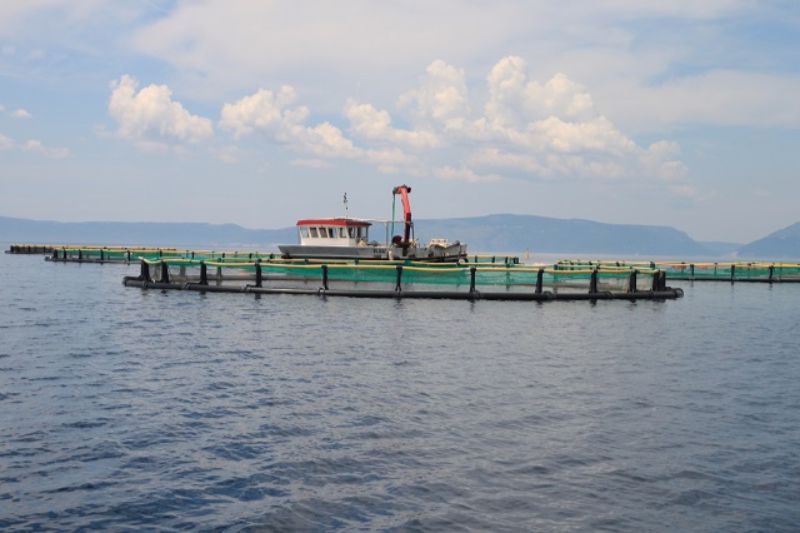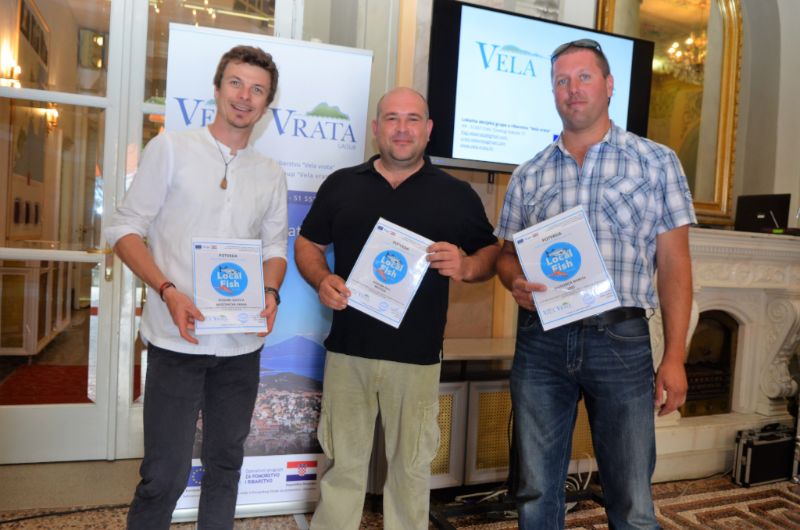About FLAG Vela vrata
The Fishery Local Action Group (FLAG) "Vela Vrata"
The Fishery Local Action Group (FLAG) "Vela Vrata" was founded by 17 founders in 2016 and operates in the area of 5 local self-government units: Cres, Mali Losinj, Opatija, Lovran and Moscenicka Draga.
It’s funded mainly by the European Maritime and Fisheries Fund (EMFF) thorugh the Operational Programme for Maritime Affairs and Fisheries of the Republic of Croatia for the programming period 2014-2020 . Since 2017 was allocated the amount of 75.000 Euro in the preparatory measure and 2,2 million Euro for the implementation of the Local Development Strategy.
It’s vision is to develop sustainable fisheries in the FLAG area, encourage diversification of products and services beyond commercial fishing and promote fisheries and maritime culture and heritage, thereby ensuring social inclusion, job creation, application of innovation and lifelong education.
The FLAG goals are:
1. Adding value to fisheries and cross-sectoral cooperation activities to increase income and employment opportunities.
2. Facilitating collective and strategic thinking in fisheries communities to shape their economic future.
3. Increasing the involvement of the fisheries and maritime sectors in management and decision-making in the local strategic planning process and strengthening synergies and reducing potential conflicts of interest in fisheries.
4. Promoting social and territorial cohesion in the community.
5. Awareness raising on environmental and nature conservation and biodiversity conservation in fisheries communities for the purpose of protecting resources.
6. Establishment of appropriate mechanisms for successful use of EU funds in order to achieve development goals.
7. Providing a platform for the exchange of good practices and experiences from other countries, while establishing successful international cooperation.
Find out more about the co-host here http://vela-vrata.hr/
Join Our Newsletter
SEE LEADER
1st International conference on practical and theoretical implications of LEADER approach in South-East Europe
SEE LEADER Quick Facts
Follow Us









